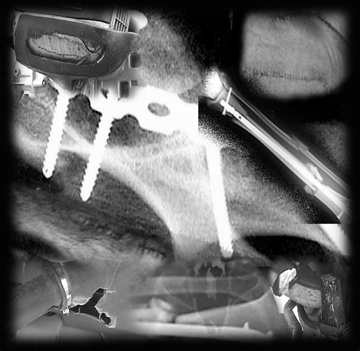By: Beemer Dan
We've all seen those TV commercials where the slimy lawyer talks about how he can get you "every penny you deserve". They like to have case examples with people saying how much money they got for a hangnail. It's enough to convince anyone that if they get hurt in any way by anyone or anything they'll walk away a millionaire. In some cases that might be true, but when it comes to motorcycle accidents the story changes drastically. The sad truth is that you'll be lucky to limp away with your pride and enough money to get a new bike. The following article covers the blunt truths about what to expect, what to beware of and what you can do to be better prepared.
